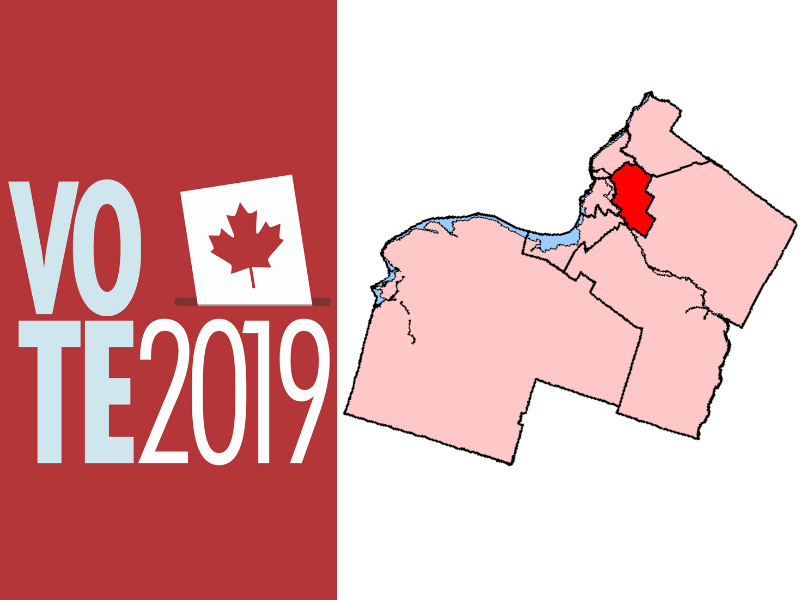
Pro-Life and Pro-Choice: A Call to End the Battle over Abortion
This past week, the March for Life Rally took place on Parliament Hill. This rally is an annual gathering to protest the legalization of abortion. It is often associated with deeply religious organizations, and has historically been met with anger and counter-protests. Abortion may be one of the most polarizing issues in Canada, but it doesn’t have to be. The rights and well-being of children and women are at the heart of this debate, and the kind of conflict we’ve been seeing may not actually be the most productive way to settle the issue. I call for an end to the quarreling; surely with a shared interest in the rights and respect for both women and children, a unification must be possible.
This year, the National March for Life website has campaigned with their 2018 slogan “ALL IN.” This slogan, the website explains, encourages people to “go ALL IN when defending human life at all its stages.” This refers to the legal definition of when life begins, which is at the heart of this polarizing issue.
The Criminal Code states that a child becomes a human being when it is fully born out of its mother’s body. This definition allows abortion to be legal because it involves no killing.
In many religious contexts, however, as soon as the cells of the fetus begin to form, it is considered a human being. For those who carry such beliefs, abortion must therefore represent the government legalizing the murder of the most vulnerable group of people.
Without abortion a woman is forced to carry a child to term, whether she is emotionally or financially ready to raise a child. Pro-Choice groups vehemently argue that since we now live in the 21st century a woman can expect to make decisions about her own body and should be given total autonomy.
Since abortion was legalized in 1988, this debate has become more and more controversial. Huge amounts of funding and effort has gone into both sides, and it seems that hate and misunderstanding breeds stronger every year.
The battle over abortion has completely missed the point. We are debating whether the rights of women trump the rights of children, and over the legal terminology we use to order our lives. We have forgotten why we care in the first place. Everyone involved is concerned for the lives and rights of vulnerable people: the rights of women to have choice and autonomy; the rights of children to grow up and be loved and properly cared for.
A nun named Sister Joan Chittister is critical of Pro-Life groups. She argues that being ‘Pro-Life’ involves much more than opposing abortion. She argues that for a child to simply be born is not enough — it must be cared for, housed, educated. She looks at the quality of life of children and vulnerable groups, rather than the definition of when life begins. She is openly critical of the decisions made by world leaders which prevent low income families from accessing services they need.
Similarly, Pro-Choice groups should be adapted. A woman should absolutely have autonomy over her body, but we cannot stop there. There are many reasons why a woman may choose abortion; often times it is because she is not able to provide for a child. Many women lack the necessary resources, the financial stability. This is all part of a larger problem: the gender wage gap, the fact that women are usually the partner taking parental leave, and the vicious standards we expect mothers to adhere to are all factors that keep women from having true autonomy (beyond just that of their bodies). Pro-Choice cannot be limited to reproductive rights. In all the factors that influence a woman’s decision to abort a pregnancy, many women have no choice at all — simply because they are women. Pro-Choice should therefore look beyond just abortion and provide targeted support for women in many aspects of their lives. A choice can only be made when more than one option is viable. What we really need is social support systems and equity for women and single mothers.
If we turned all the attention, all the funding, the human capital, and the energy that we’re now using towards Pro-Choice vs. Pro-Life towards building social supports and equity, we would be much closer to settling this issue. The lack of these social supports, the lack of professional equity and financial security, is what’s making the abortion debate seem so black and white. We have been trying to put a band-aid over this deeper cut in our society, and in so doing, have avoided the real problems. We have forgotten that it was concern for the rights of women and children that brought us here in the first place. Cultivating a culture of understanding and communication is our path to working together. We need to end this battle. We need to be Pro-Life and Pro-Choice. Have compassion. Stop spending our time and energy breeding hate and difference and start fighting for the rights and well-being of all vulnerable groups.








